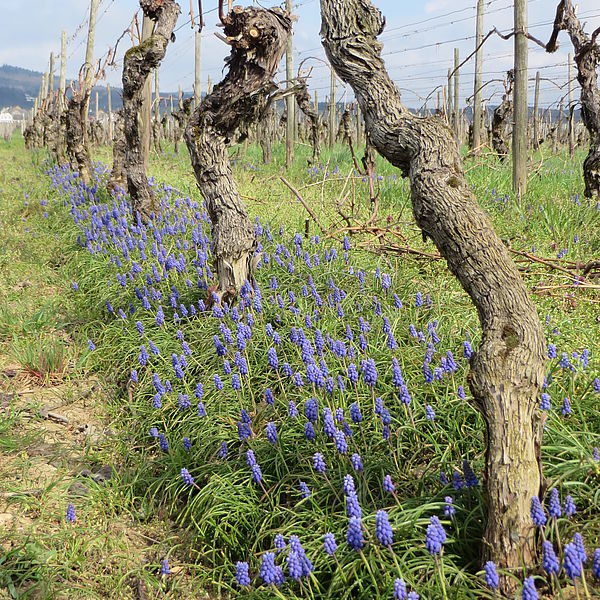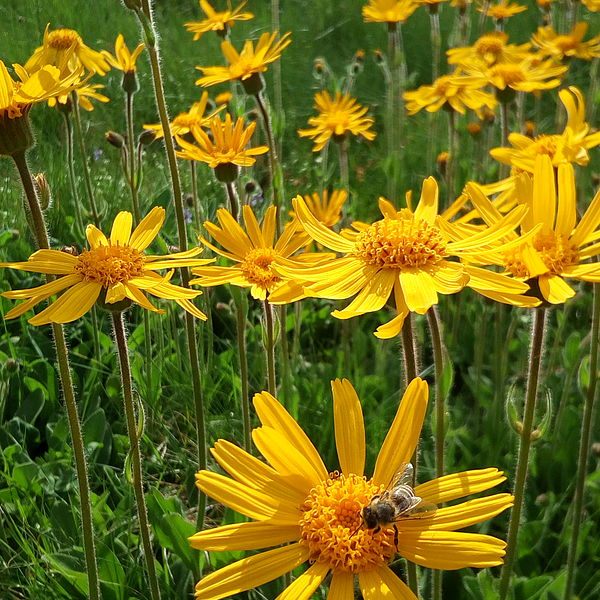Practical Research
The Department of Applied Ecology consists of the Professorship for Biodiversity and Ecosystem Functions and the Professorship for Research into Climatic Effects on Special Crops. The department’s main research areas are abiotic and biotic interactions in different ecosystems, the impacts of global change on these interactions and their significance for ecosystem functions and ecosystem performance. Our research objectives are, on the one hand, the application-oriented management of ecosystems and on the other, pro-active basic research with an aim to providing forward-looking practical solutions.
The Professorship for Biodiversity and Ecosystem Functions focuses primarily on the interaction of plant species/biotic communities and their environment, in order to be able to identify threat sources and appropriate protection measures and to develop suitable land-use management strategies. The focus is always on biodiversity with all its different levels (genetic, species and structural diversity), its significance for the functionality of ecosystems and the impact upon it of global change (land-use changes, climate change). The objective of our research is to develop practical, economically viable solutions for the management of endangered species and ecosystems.
The Professorship for Research into Climatic Effects on Special Crops works mainly in the field of abiotic interactions in the “triangle of tension” between the impact and consequences of climate change, the development of adaptation strategies for sustainable and climate change-resilient agricultural ecosystems and the development of mitigation options, i.e. measures that lead to a net removal of CO2 from the atmosphere. We focus particularly on the effects of increasing atmospheric CO2 concentrations on special crops and agricultural ecosystems (FACE experiments), on biogeochemical cycles and on the possibilities for reducing the emissions of stable greenhouse gases such as methane and nitrous oxide generated through the cultivation of special crops. This also includes research into unusual sources of GHG such as insect pests in the soil.

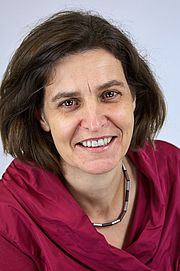
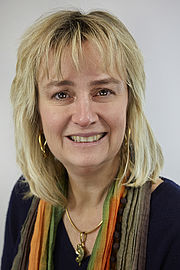
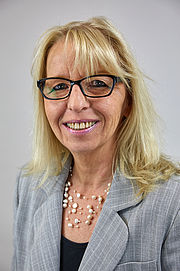
![[Translate to English:] Mikroskop](/fileadmin/_processed_/a/5/csm_20171025_Impressionen_Image_Mikroskop_0ed2e43ca5.png)
![[Translate to English:] Hörsaal](/fileadmin/_processed_/d/d/csm_DSC_0406__4594__Web_72dpi__7a6e791656.jpg)
